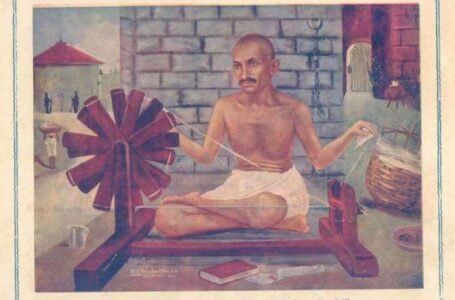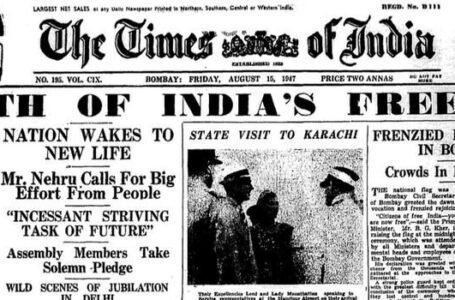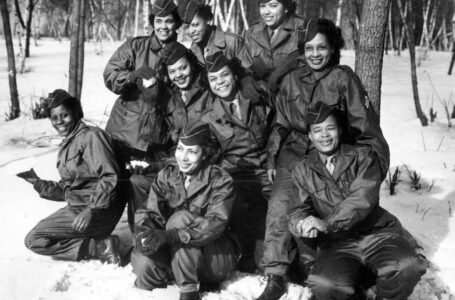Munshi Premchand: The Literary Genius Who Captured the Soul of Rural India
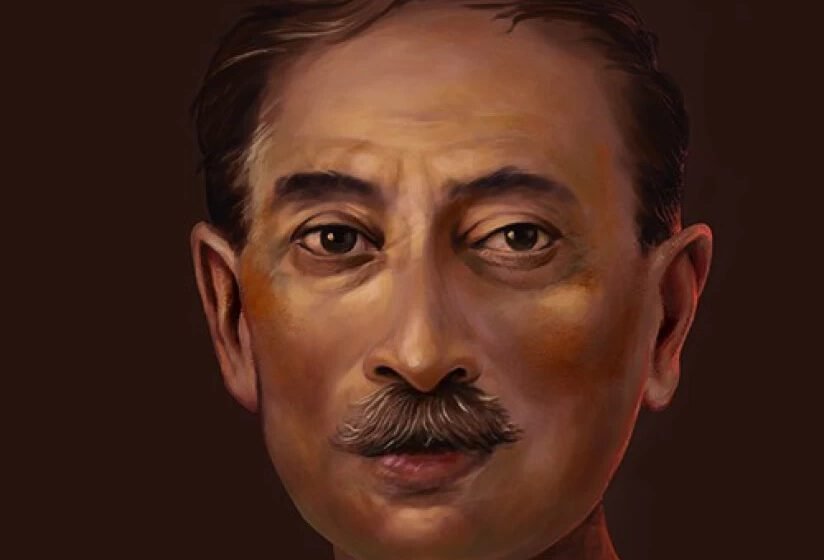
Better known as ‘Upanyas Samrat’ or ‘the king of novels’ by his contemporary writer fellows, Munshi Premchand is one of the highly celebrated Hindi and Urdu language writer. It won’t be wrong to call him the pioneer of modern Hindi literature. Munshi Premchand was one of the very few writers who felt the pulse of the nation and wrote about the critical issues such as casteism, women plight and atrocities, and labourers’ adversities.
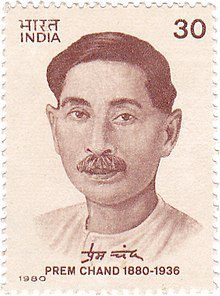
Premchand’s writing style is very simple yet thought provoking and poignant. From ‘Idgah’ to ‘The Thakur’s Well’, we all have grown up reading and cherishing his stories. Undoubtedly, his novels and short stories have played an indispensable role in revolutionizing the society. Munshi Premchand proved through his introspecting and satirical stories that indeed ‘the pen is mightier than the sword’.
Munshi Premchand was not only a staunch advocate for caste emancipation, feminism, and workers rights but also an ardent patriot. He was profoundly influenced by Mahatma Gandhi which is why he had renounced his government job in support of Gandhi’s non-cooperation movement, reflecting his commitment to the cause of national independence and social reform.
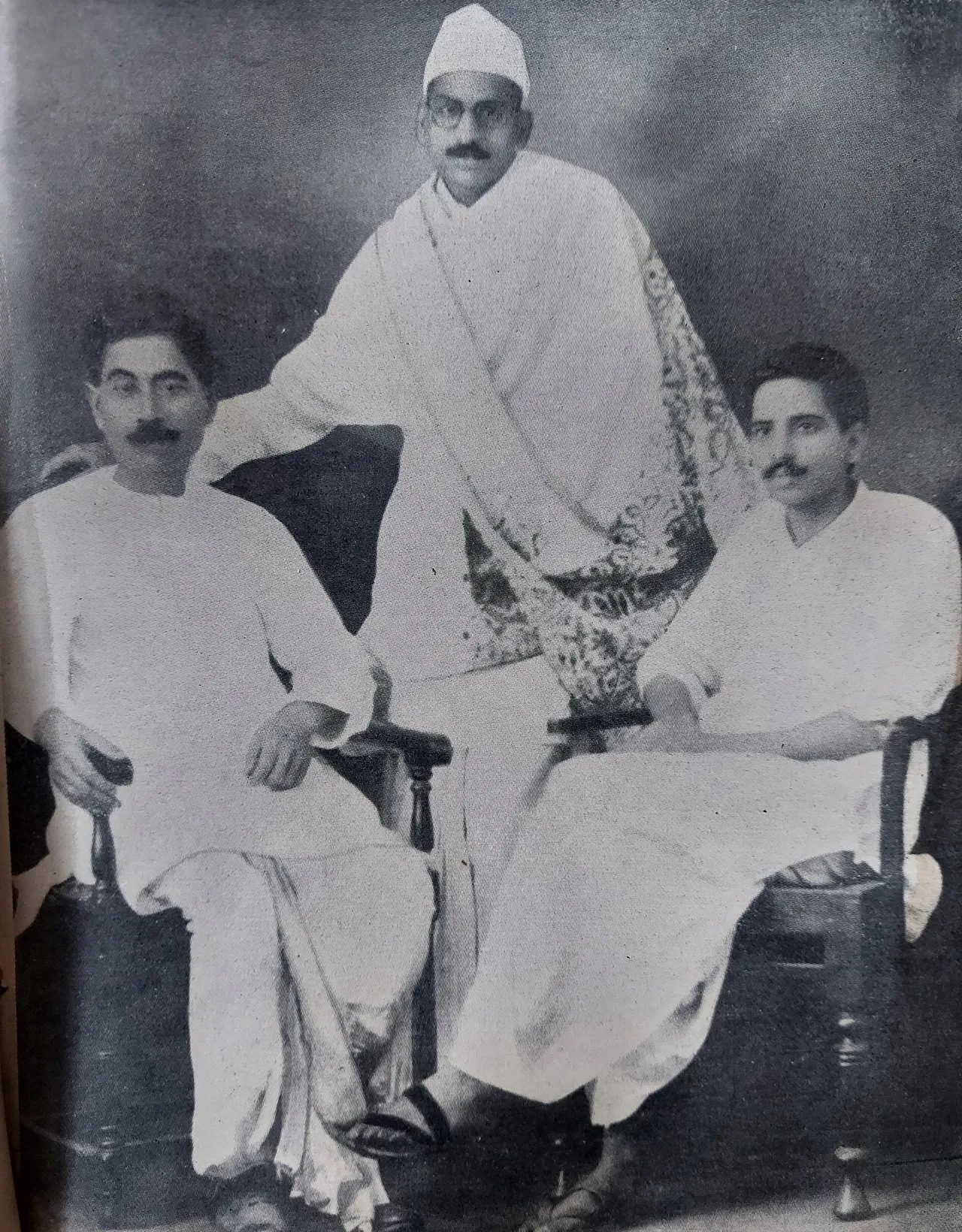
History
Munshi Premchand was born to Ajaib Lal and Anandi Devi on 31 July, 1880 in Lamhi village of Varanasi, then Benaras, in Uttar Pradesh. His real name was Dhanpat Rai. He was the fourth child of his parents and was lovingly called Nawab Rai at his home by his parents and relatives. His father was a post office clerk who earned Rs. 20 a month.
He began his schooling at the age of seven in a madrasa in Lalpur near Lamhi. The maulvi of the madrasa was his first teacher who taught him Urdu and Persian. Everything was going fine until he lost his mother at a tender age of eight. His grandmother also died soon after. His sister was already married so there was no one to look after him. So, his father re-married however his stepmother didn’t love him at all and was ruthless towards him. His father was now posted to Gorakhpur.
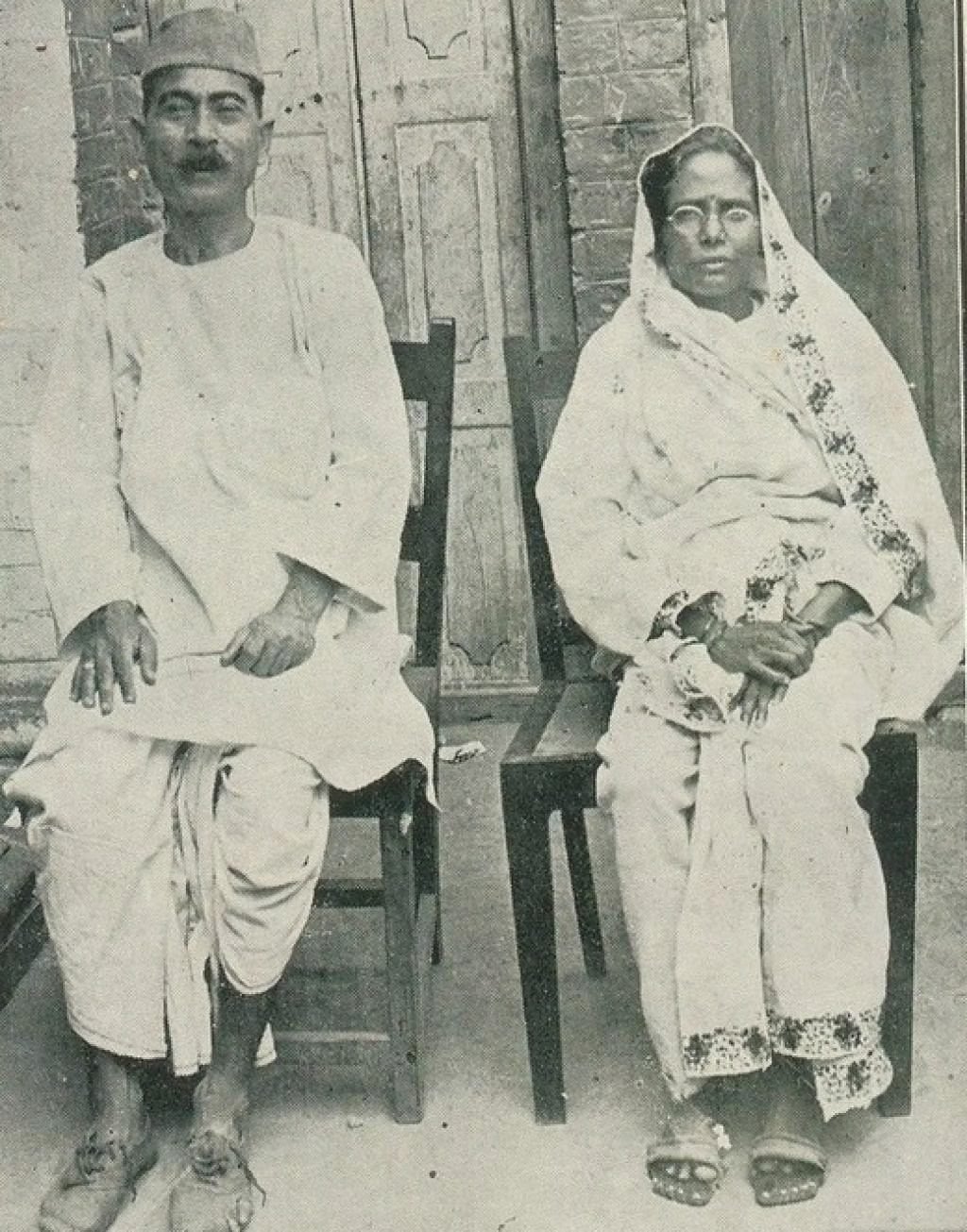
Premchand had no one to confide in. The milieu of his house turned bitter and bitter day by day. This was when Munshi Premchand roused an interest in books. Books became his best friends. He spent most of his time reading. He even took up a part time job of selling books for a book wholesaler so that he could freely read books. Hindi, Persian, and English literature intrigued him a lot and he read plethora of classic novels from round the globe.
Premchand was forcefully married in 1895 against his will at the age of fifteen, when he was only a ninth grader. The girl was from an opulent family and was older than him. Once again Munshi Premchand’s life shattered when he lost his father, the sole breadwinner of the family, in 1897 battling prolonged illness. Now, all the responsibility of running the household and looking after his stepmother and wife came upon his young shoulders.
Premchand passed his matriculation or tenth class exam from the Queen’s college of Benaras with second division. He then tried seeking admission in Central Hindu School but couldn’t make it due to his poor arithmetic so he took up part time jobs for tutoring students. Finally, in 1900 he bagged a job for the position of an assistant teacher at the Government District School, Bahraich for a monthly salary of Rs. 20.
Premchand got his first Urdu short novel ‘Asrar-e-Ma’abid’ published in 1903. He was posted to a government school in Kanpur in 1905 where he stumbled upon Munshi Diya Narain Nigam, who was the editor of a famous magazine called Zamana. Munshi Premchand published many articles and short stories in the magazine.
Premchand bucked the trend by marrying a child widow, Shivarani Devi, in 1906 after his first wife went back to her father’s house. The act was revolutionary as widow remarriage was frowned upon by the conservative and orthodox society back then.
Later he earned a BA degree in History, English, and Persian. In 1921 he resigned from his government job in support of Mahatma Gandhi’s non-cooperation movement.
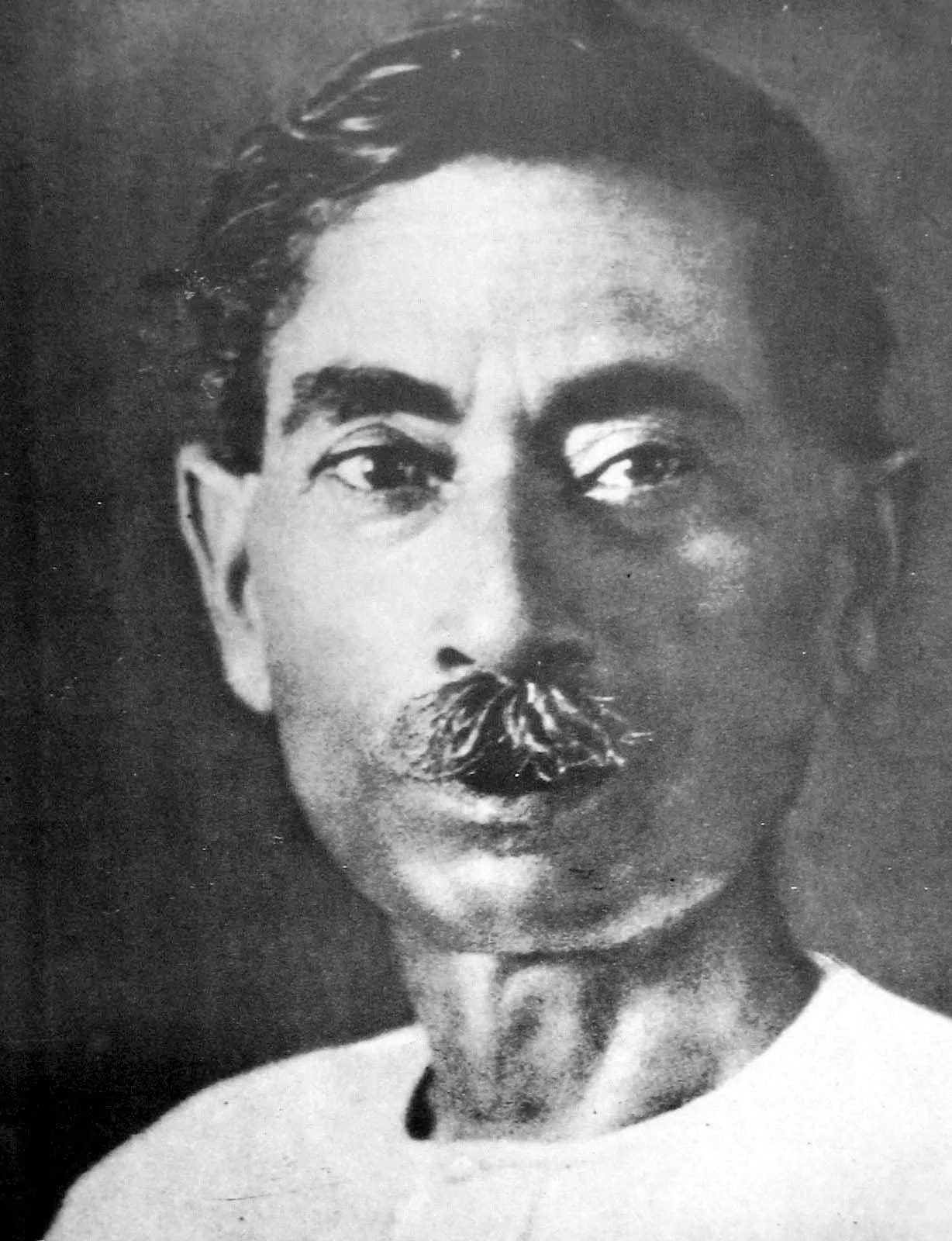
Literature
Premchand published his story ‘Duniya ka sabse anmol ratan’ in Zamana magazine in 1907. It talked about the freedom and independence of the country being the most precious jewel. The same year his second short novel Hamkhurma-o-Hamsavab got published under the pen name of Babu Nawab Rai Banarsi. It explored the theme of widow remarriage.
In 1907 only Premchand published Soz-e-watan which was a compilation of four stories inspiring people to participate in the national freedom struggle. However, this book got banned by the British government and they raided Premchand’s house and sabotaged the hundreds of copies of this book. It was when Dhanpat Rai changed his pen name to Premchand.
From 1914, Premchand started writing in Hindi as well. His first Hindi story Saut was published in a magazine called Saraswati in 1915. In June 1917 his book Sapta Saroj – a collection of hindi short stories was published.
Until now Munshi Premchand had been balancing his job and literary interest but after quitting his government job he focused only on his literary career. He came back to Benaras and started his own printing press and publishing house named Saraswati Press. From here started his literary adventure. He produced timeless classic novels like Nirmala, Godaan, etc.

Novel
Premchand has written over three hundred short stories and fourteen novels in the course of his life. His writing style was simple yet provocative and poignant. His characters were normal, daily life people who narrated their problems in a compelling way. The popular novels written by Munshi Premchand are:
- Godaan – It is the most celebrated book of Munshi Premchand. It underscores the struggles and exploitations faced by poor farmers. The story revolves around the protagonist Hori Mahato who reckons owning a cow would improve his family’s status and bring prosperity however he gets trapped in a whirlwind of tragic consequences.
- Nirmala – This novel revolves around the life of Nirmala, a young woman forced into an early marriage with an older man due to her family’s financial constraints. The story explores the societal pressures and injustices faced by women, especially those subjected to early marriages and dowries. Nirmala’s struggles underscore the broader themes of gender inequality and social reform.
- Rangbhoomi – Rangbhoomi is the story of a poor, blind beggar named Surdas. It explores the theme of fight against colonialism and fight for equality and dignity.
- Sevasadan – In this novel Premchand explores the life of a woman named Suman who, after being abandoned by her husband, seeks refuge in a charitable institution. The novel delves into issues of social justice, charity, and the complexities of personal redemption, while also critiquing the prevailing norms regarding women’s roles and societal expectations.
- Gaban – The novel explores themes of moral decay, societal pressures, and the destructive nature of materialism. The novel tells the story of Ramnath, a clerk, who descents on the path of corruption for satisfying his material needs and enhancing social status.
- Mansarovar – Mansarovar is a collection of stories rather than a single novel, but it includes several significant narratives that delve into themes of morality, human nature, and social justice. The stories offer a rich tapestry of Premchand’s observations on the social fabric of his time.
- Pratigya – Pratigya centers on the character of a young man named Chandermohan, who is deeply committed to social justice and reform. The novel portrays his efforts to address social issues such as caste discrimination and inequality, and his personal sacrifices in the pursuit of these ideals.
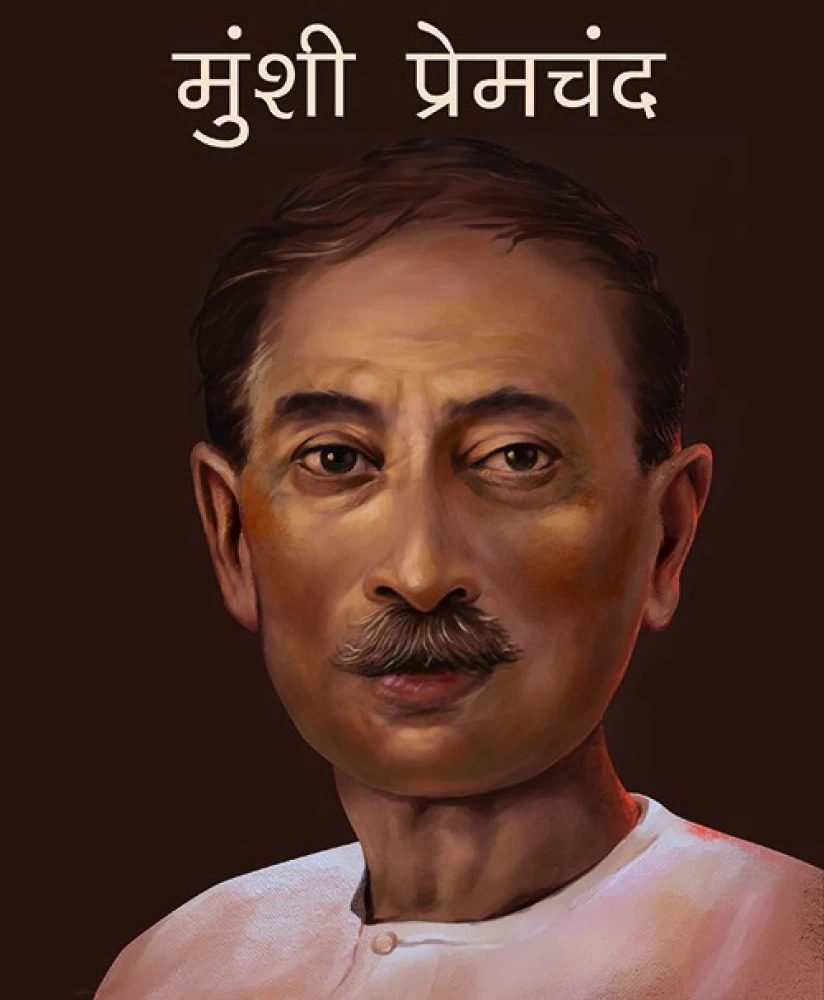
Achievement
The notable achievements of the ‘Upanyas Samrat’ Munshi Premchand are:
- His all-time classic Godaan, which dealt with the themes of caste atrocities, tormentation of women and poor, was adapted into a movie in 1963.
- The Sahitya Akademi started a fellowship program in 2005 named after Munshi Premchand which is given to prominent people in the field of culture from Saarc countries.
- He was elected the first president of the Progressive Writer’s Association in 1936.
- Many of his stories and novels have been translated in English and Russian.
- Many of his short stories have been adapted into films.
- On 31st July 2016, Google exhibited a Google doodle, honouring Premchand’s 136th birthday.
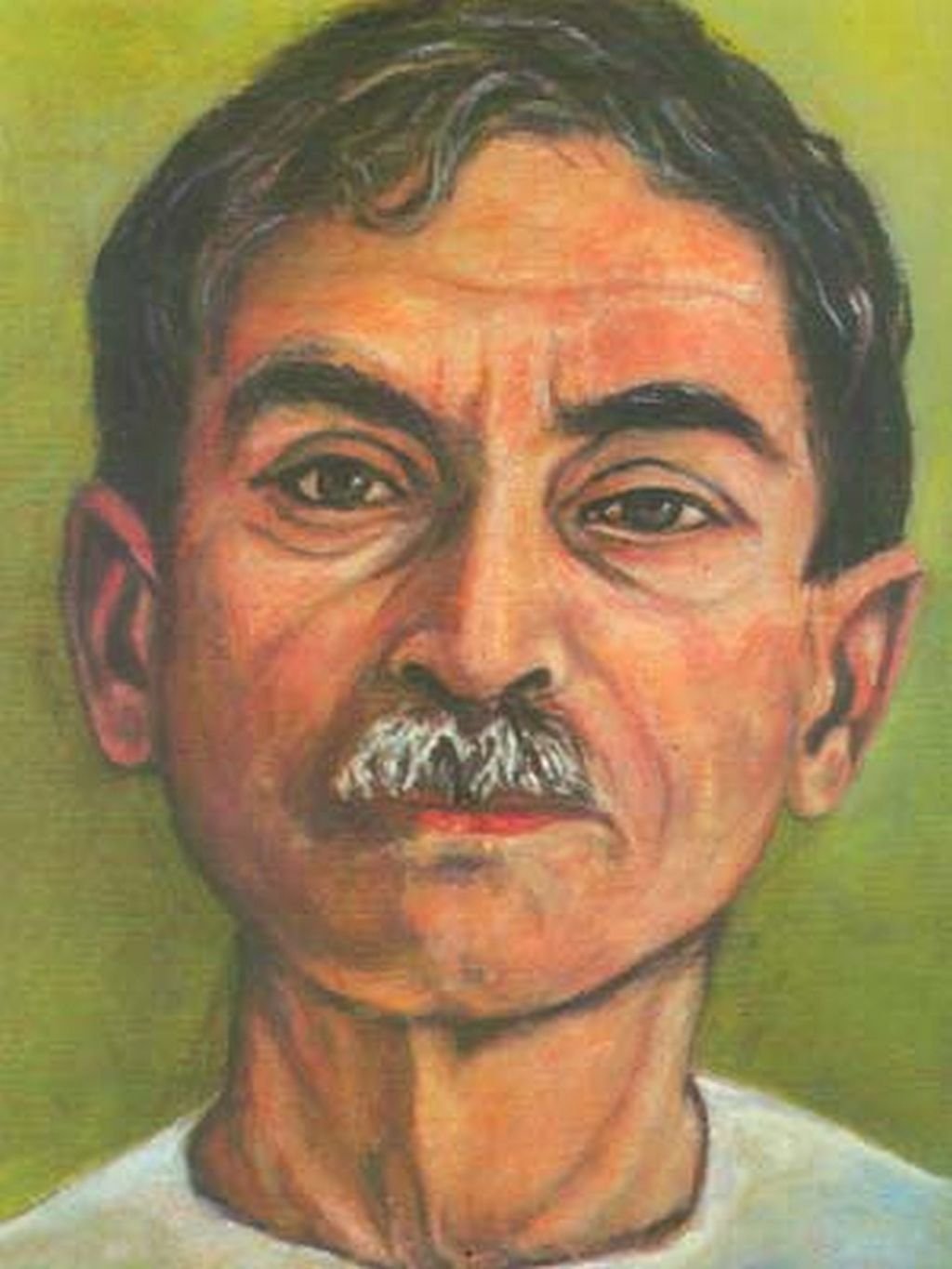
Legacy
Munshi Premchand was the first Indian author who beautifully and poignantly featured realism through his stories and novels. He explored the themes of caste discrimination, women’s plights, exploitation of poor, dowry, corruption, patriotism, feudal system, poverty, colonialism, widowhood, and prostitution via his spellbinding and captivating stories.
He left this mortal world on 8 October, 1936 leaving an indelible mark on Indian society and literature. His timeless and classic works will continue inspiring posterities. People like Munshi Premchand are born in a millennium. We Indians are indeed lucky that such a gem was born in our country.
